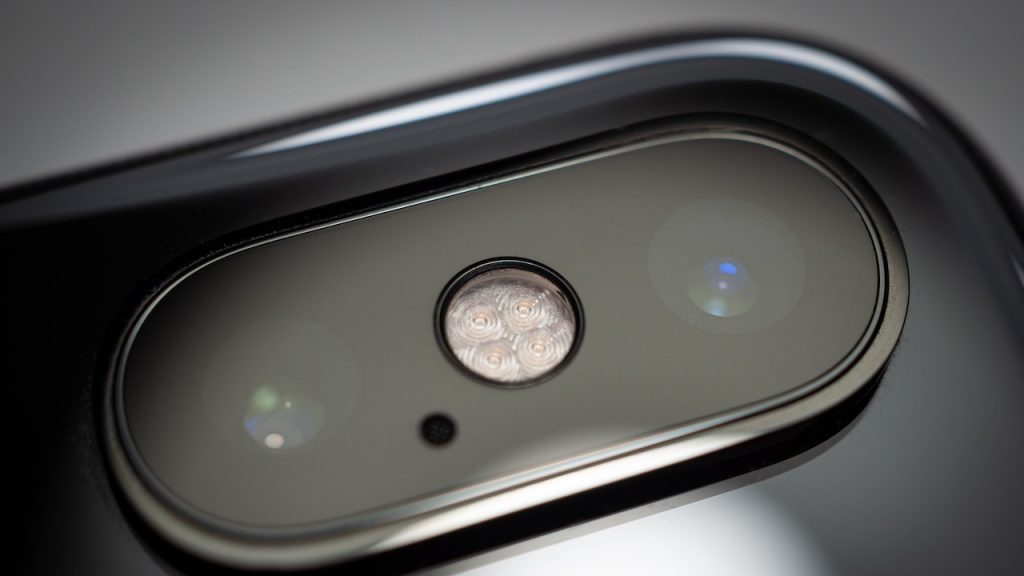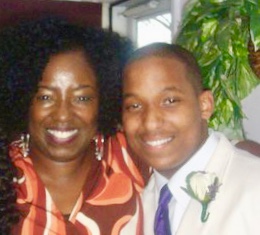Video of Floyd Killing Can Traumatize Communities, Victims of Violence
Barbara Jones watched a video of her son dying. She says police brutality devastates communities.

The graphic video of the police killing of George Floyd, a 46-year-old Minneapolis black man, has sparked demonstrations against police violence and systemic racism across the world.
“I believe healing is imminent, but I don’t believe that healing is going to be rapid.” — Barbara Jones, Wayne State University
Floyd, whose death has been ruled a homicide, is seen on video saying “Please, I can’t breathe,” as now-fired Minneapolis officer Derek Chauvin, who is white, is seen kneeling on his neck for several minutes. Chauvin has been charged with third-degree murder in the death of Floyd.
Documentation of Floyd’s death, along with the police killing of Breonna Taylor, a 26-year-old black woman in Louisville, Ky., has ignited several nights of demonstrations across the country, but it has also disturbed the surviving victims of violence.
Click on the player above to hear Barbara Jones, whose son was killed on video, on the affects of documented violence on a person and community.

Barbara Jones is the Community Dispute Resolution Specialist for the Center For Peace and Conflict Studies at Wayne State University. She tells WDET’s Russ McNamara that the video hit very close to home. In October of 2017, her son’s murder was caught on video as well.
“I watched my son die for a little over 12 minutes,” Jones says. “And thinking of what he endured, it put me in the mind frame of seeing Mr. Floyd lose his life in that same manner: A public execution.”
Floyd is also reported to have called out for his mother before he died.
“It’s very personal to me, as a mother, to hear this man, this human being, cry out for his mother,” Jones says. “As a mother who has witnessed her only son die, I relate to that very deeply.”
EXCERPTS
On the impact witnessing an act of violence has on a community
“In order for us to even get to a point of where we can have a conversation to process this kind of trauma, it is incumbent on the community to help [Darnella Frazier, witness to George Floyd’s death] heal. It is incumbent on the community, from all walks of life, to help each other heal. That is a responsibility that is on all of us. And the injustice is what will forever be etched in our mind.”
How long before a community can begin to heal
“Justice will never be served until we reckoned with the truth. That’s not an answer for what needs to happen right now. But until we deal with the root and the foundation of the structural of the systemic issues as it relates to race, gender, culture, nationality, origin, ethnicity, privilege, the haves versus the have-nots, I believe healing is imminent, but I don’t believe that healing is going to be rapid.”
Trusted, accurate, up-to-date
WDET is here to keep you informed on essential information, news and resources related to COVID-19.
This is a stressful, insecure time for many. So it’s more important than ever for you, our listeners and readers, who are able to donate to keep supporting WDET’s mission. Please make a gift today.
